Open Letter to UN-HABITAT: Promote Zero Waste, Not Waste Burning!
An open letter from the GAIA platform, co-signed by Arnika, to UN Under-Secretary-General Anacláudia Rossbach: Many environmental organisations oppose the unscientific promotion...
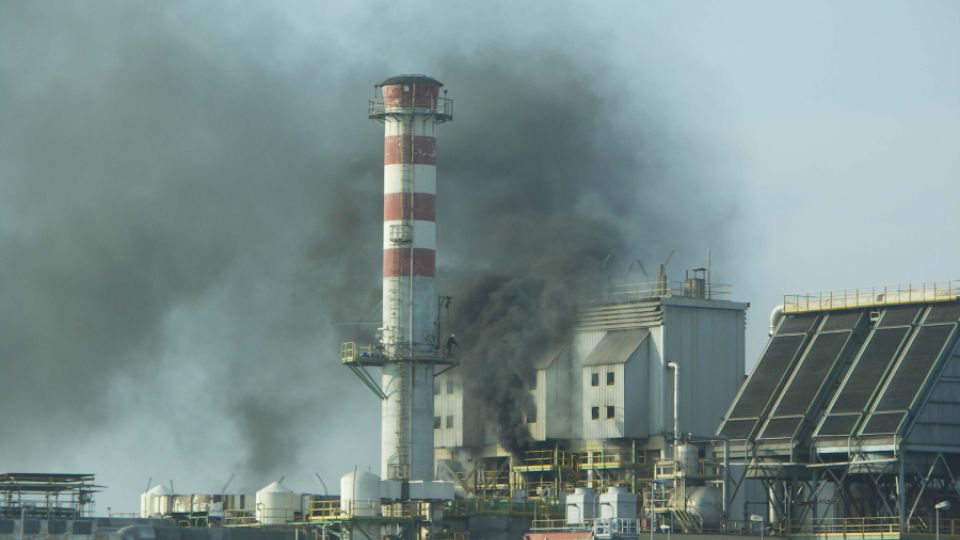
An open letter from the GAIA platform, co-signed by Arnika, to UN Under-Secretary-General Anacláudia Rossbach: Many environmental organisations oppose the unscientific promotion...
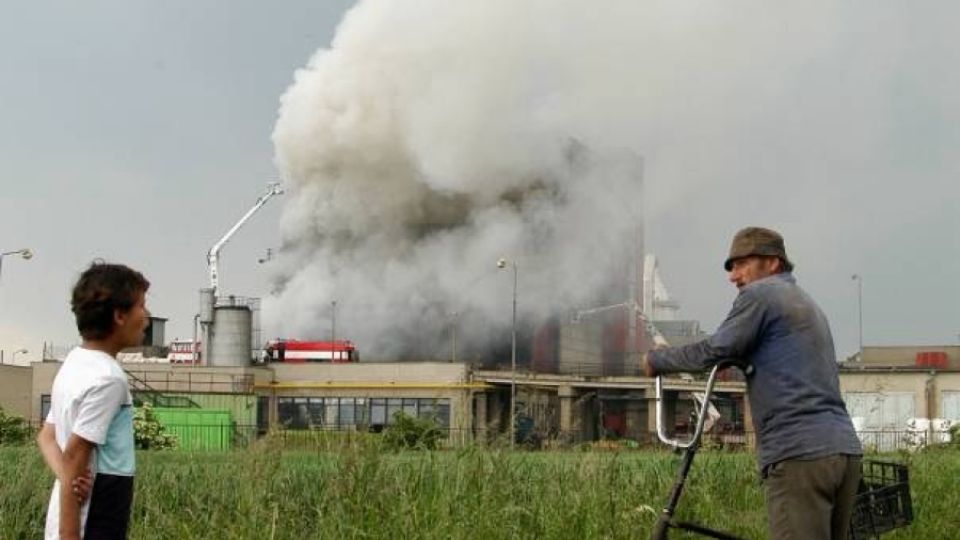
Incineration is an outdated, unsustainable method for waste disposal, as burning waste, especially plastics, produces dangerous air emissions and high amounts of toxic ash.
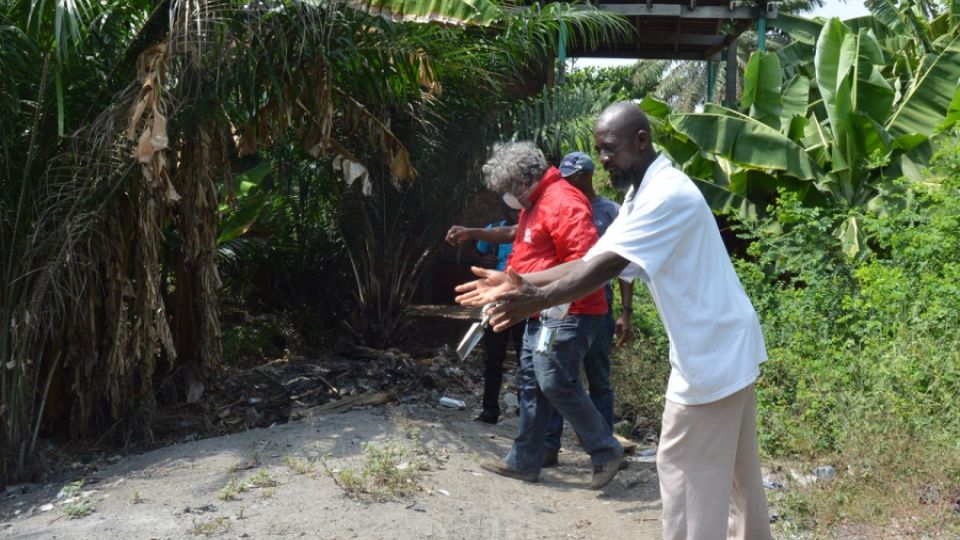
In the second series of webinars of the Arnika Association, concerning the issue of waste incineration, the speakers Nikola Jelínek and Jindřich Petrlík touched the topic of...
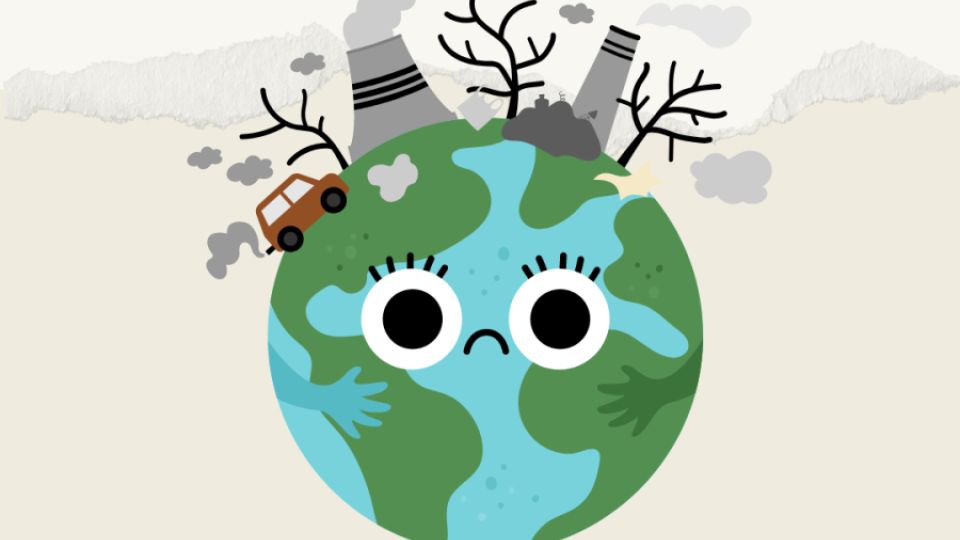
A whole number of myths exist around waste incineration. It is often said to be an "environmentally-friendly" or "green" method for energy production, not contributing to climate...
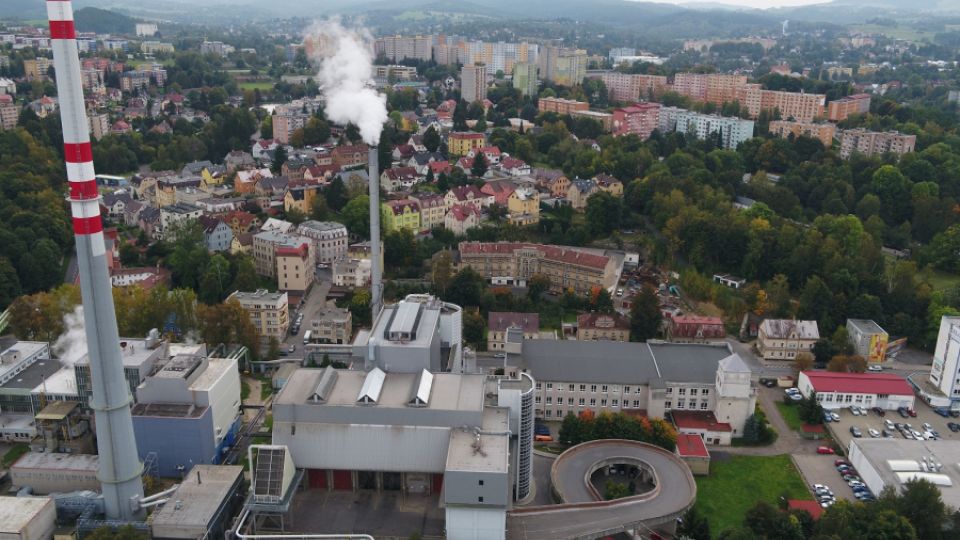
The growing number of waste incinerators may be an essential problem for the European, and especially Czech, climate policy – this is the conclusion of Arnika’s webinar entitled...
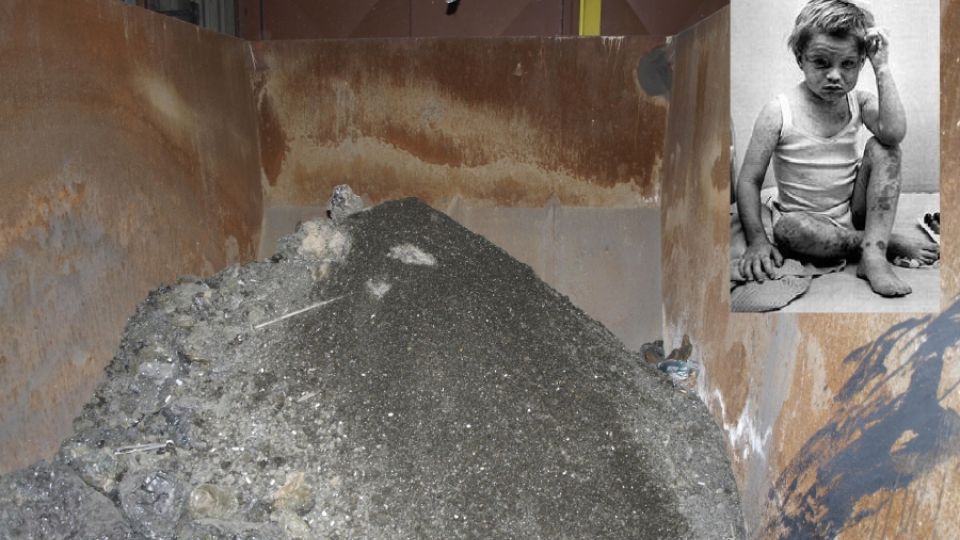
Two thousand hectares of contaminated soil and 200 people with symptoms of a rare dermatological disease, chloracne. This was the result of an accident in the chemical plant...

June 23, PRAGUE - Earlier this week, the European Council and Parliament reached an agreement on new limits on persistent organic pollutants (POPs) in wastes, but unfortunately,...
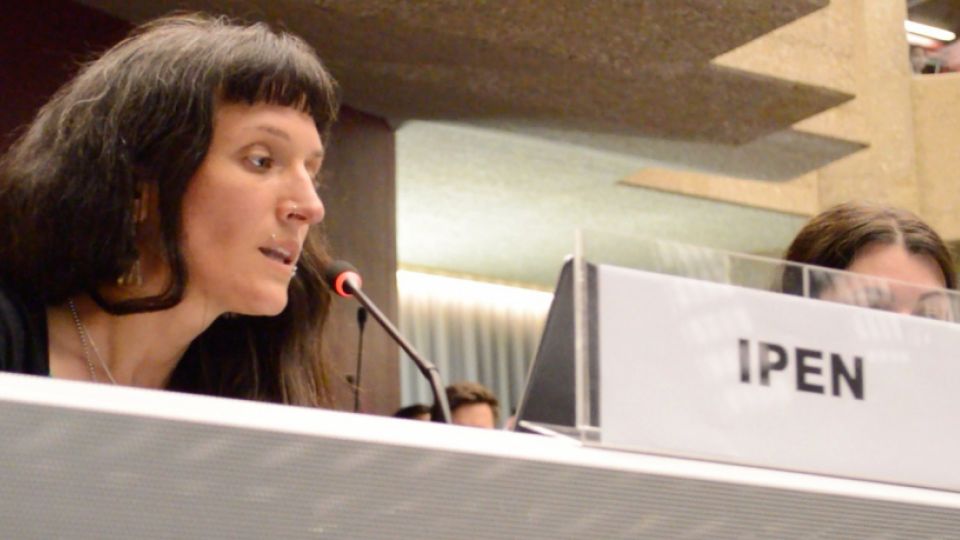
Arnika’s lead expert Jindřich Petrlík and IPEN Global Researcher based in Arnika Jitka Straková called for improvements of the Stockholm convention in their interventions at the...
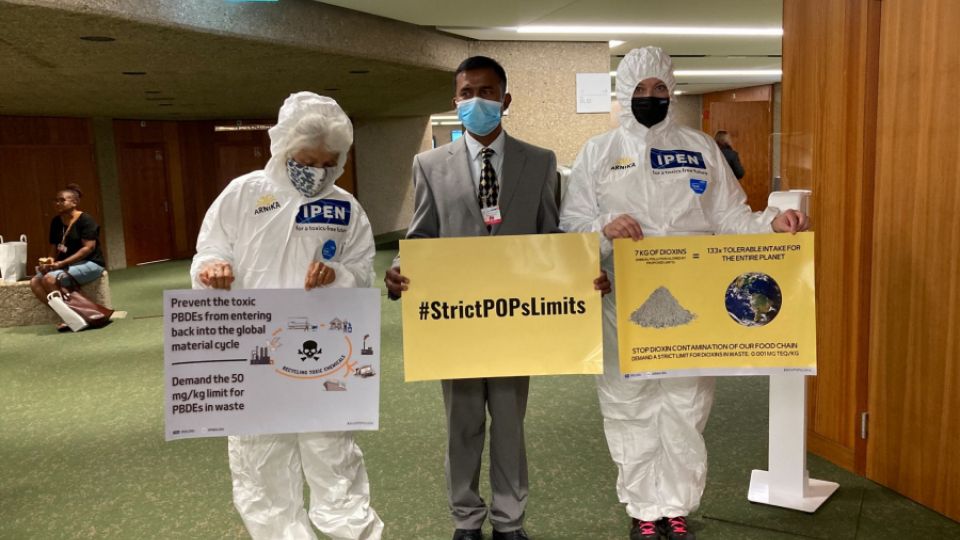
An important conference of parties of Basel, Rotterdam, and Stockholm conventions takes place in Geneva these days. Arnika and the International Pollutants Elimination Network...
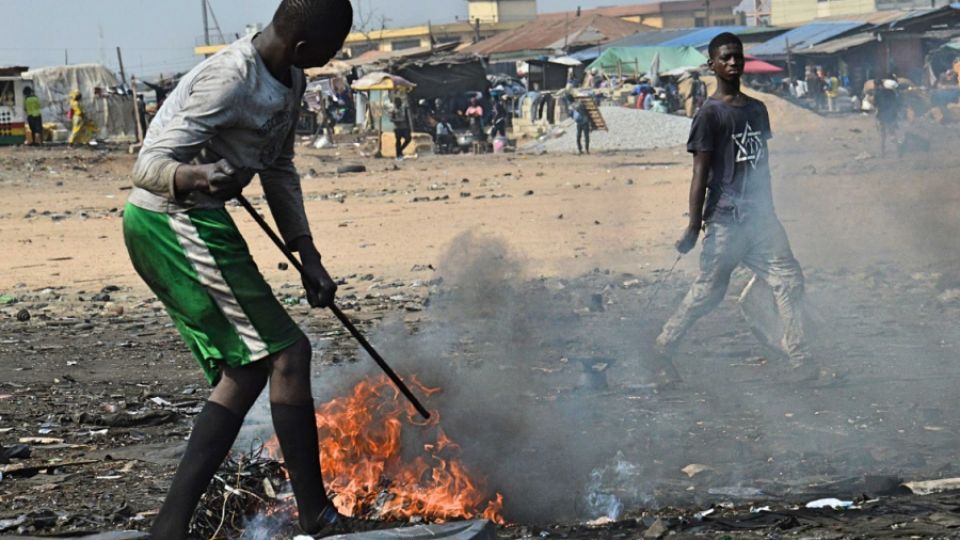
2 June 2022, GOTHENBURG / PRAGUE / NAIROBI / JAKARTA / YAOUNDÉ / ACCRA / LIBREVILLE / BANGKOK / MONTEVIDEO / CHISINAU / SAN FRANCISCO / BEIJING / DAKAR – A new review of data...
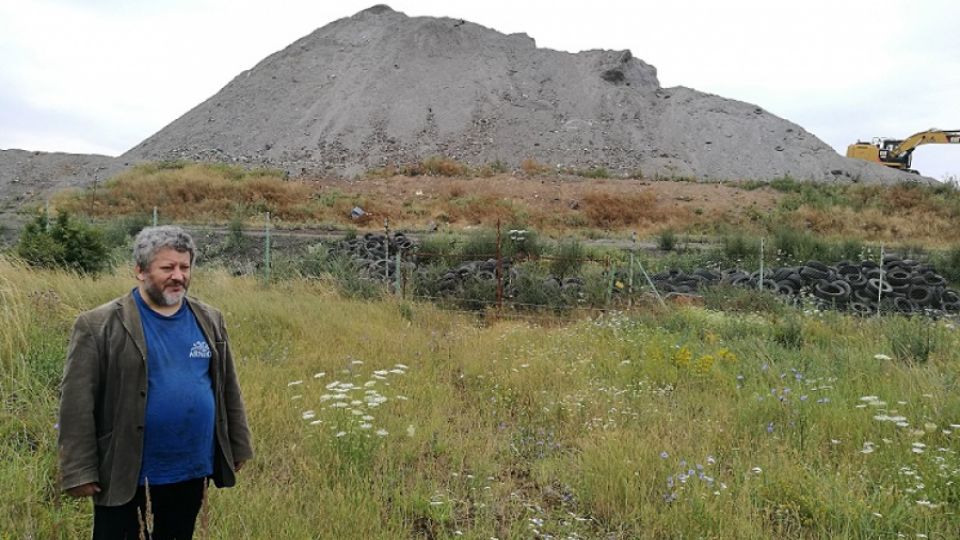
(Prague, Gothenburg) In an alarming proposal for strengthening the limits of the most toxic chemical in waste, the Council of the European Union under the French presidency...
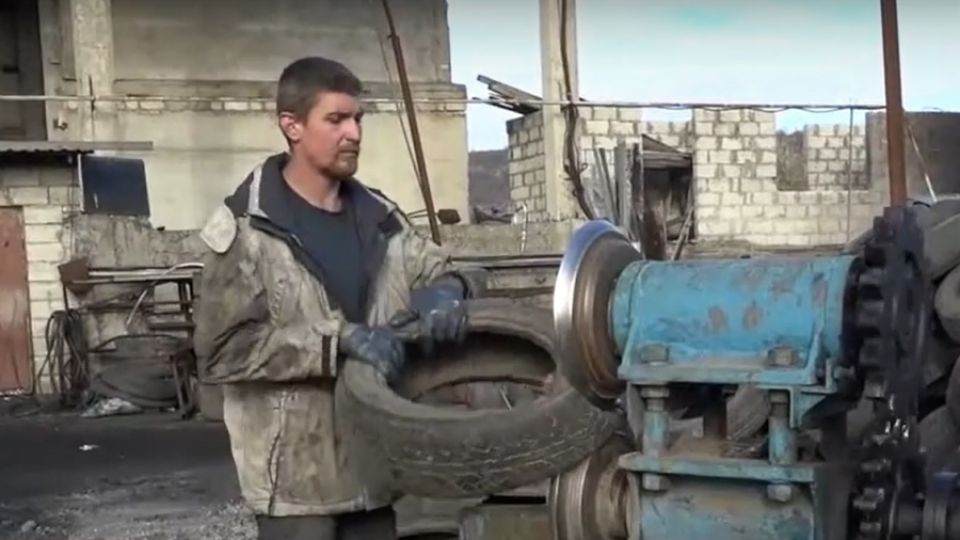
18 May 2022, CHISINAU/PRAGUE – A recent joint study by Moldovan and Czech experts revealed the presence of significant persistent organic pollutants (POPs) in chicken eggs. These...
In order to ensure a better and healthier future for as many people as possible, we share our know-how and protect the environment and environmental rights regardless of geographical location.
Armenia: For the clean development of regions Guardians of Moldovan nature Bosnia and Herzegovina: Jewels of nature Clean air for Ukraine Clean air for Georgia Toxic pollution in Thailand Transparent pollution control in Indonesia Climate change in Kazakhstan Eko.ba Cleanair.org.ua Ecocitizens.kz Stop-persecution.org Air Pollution in Kazakhstan Ecoge.org